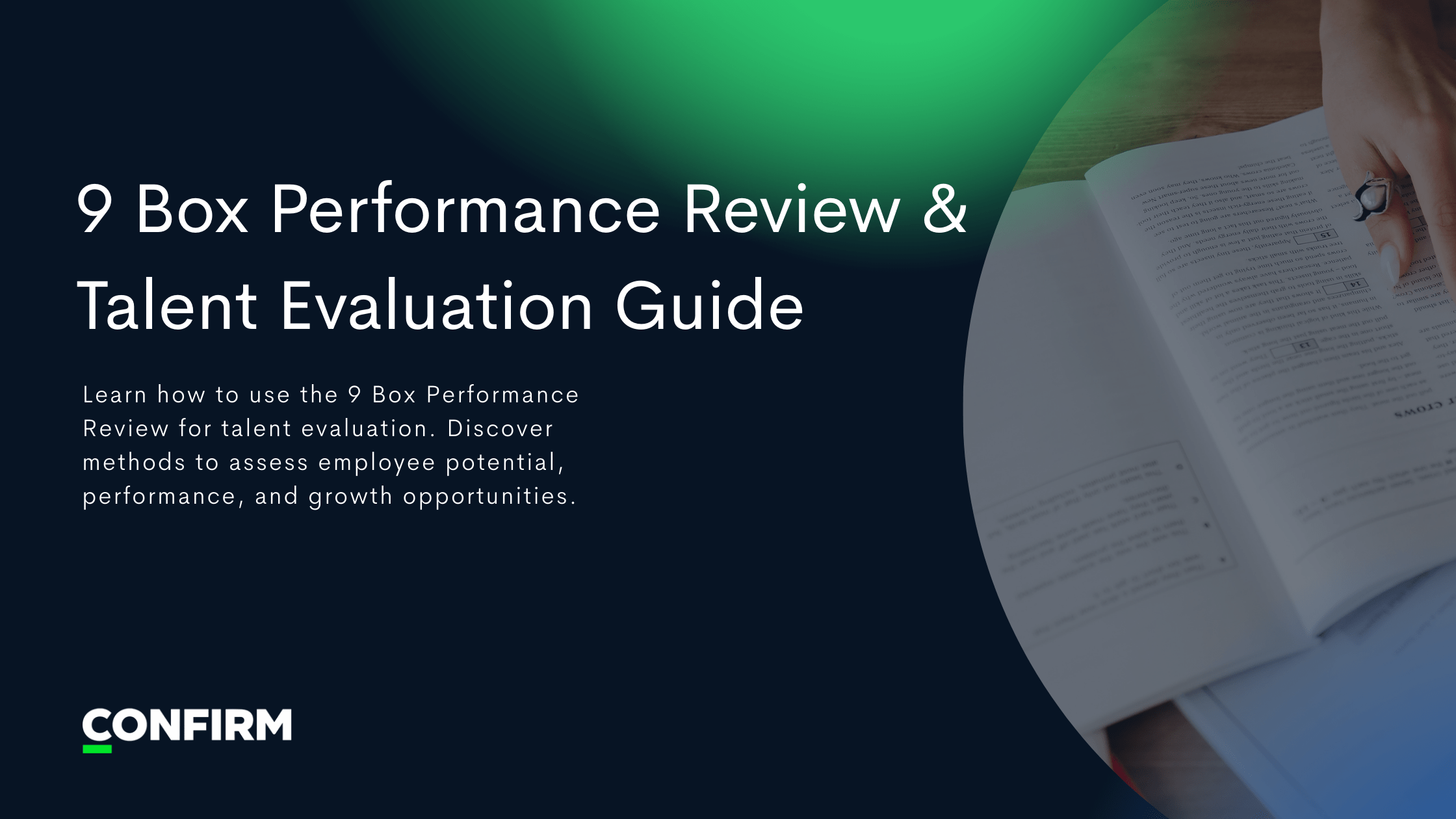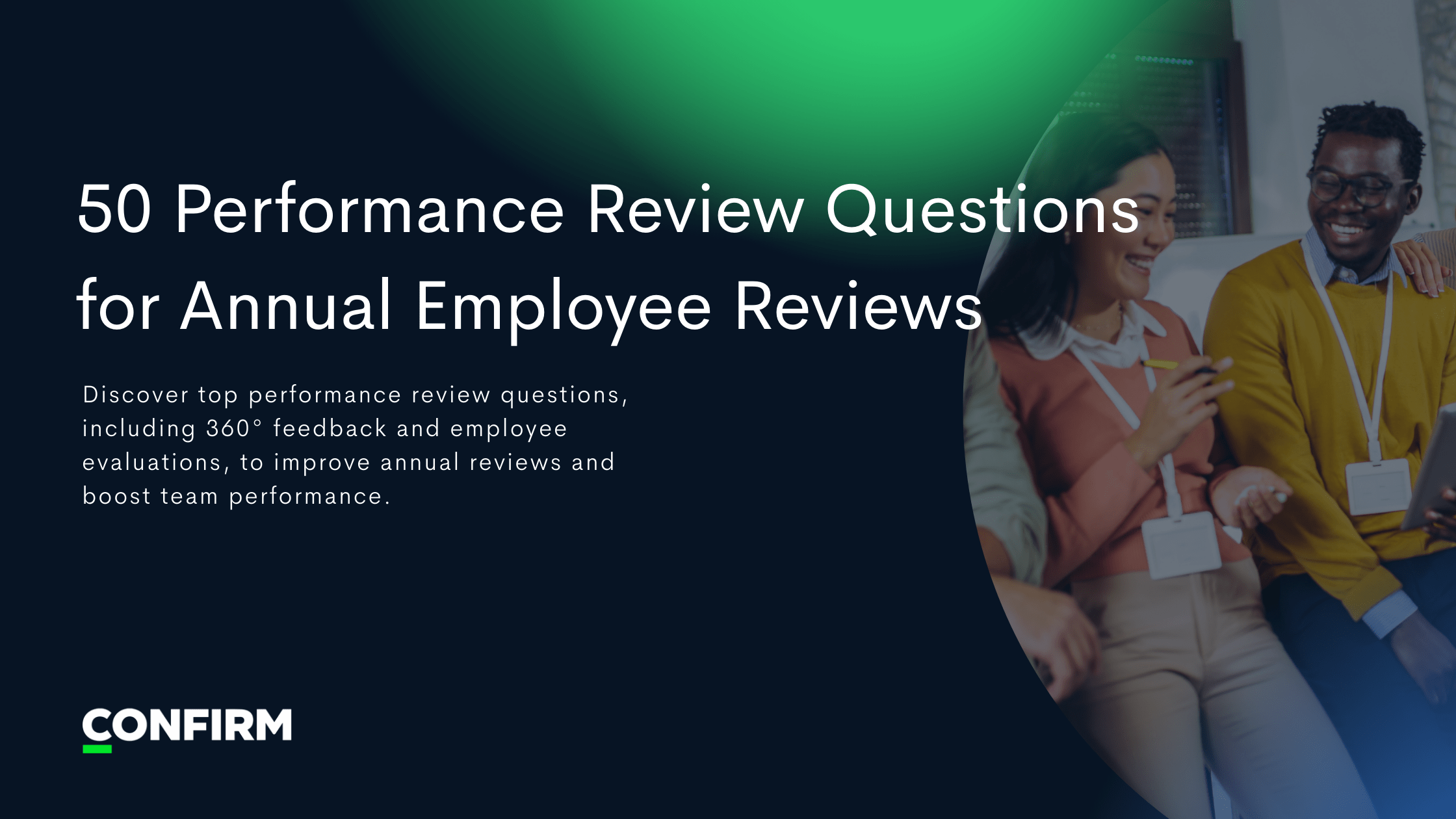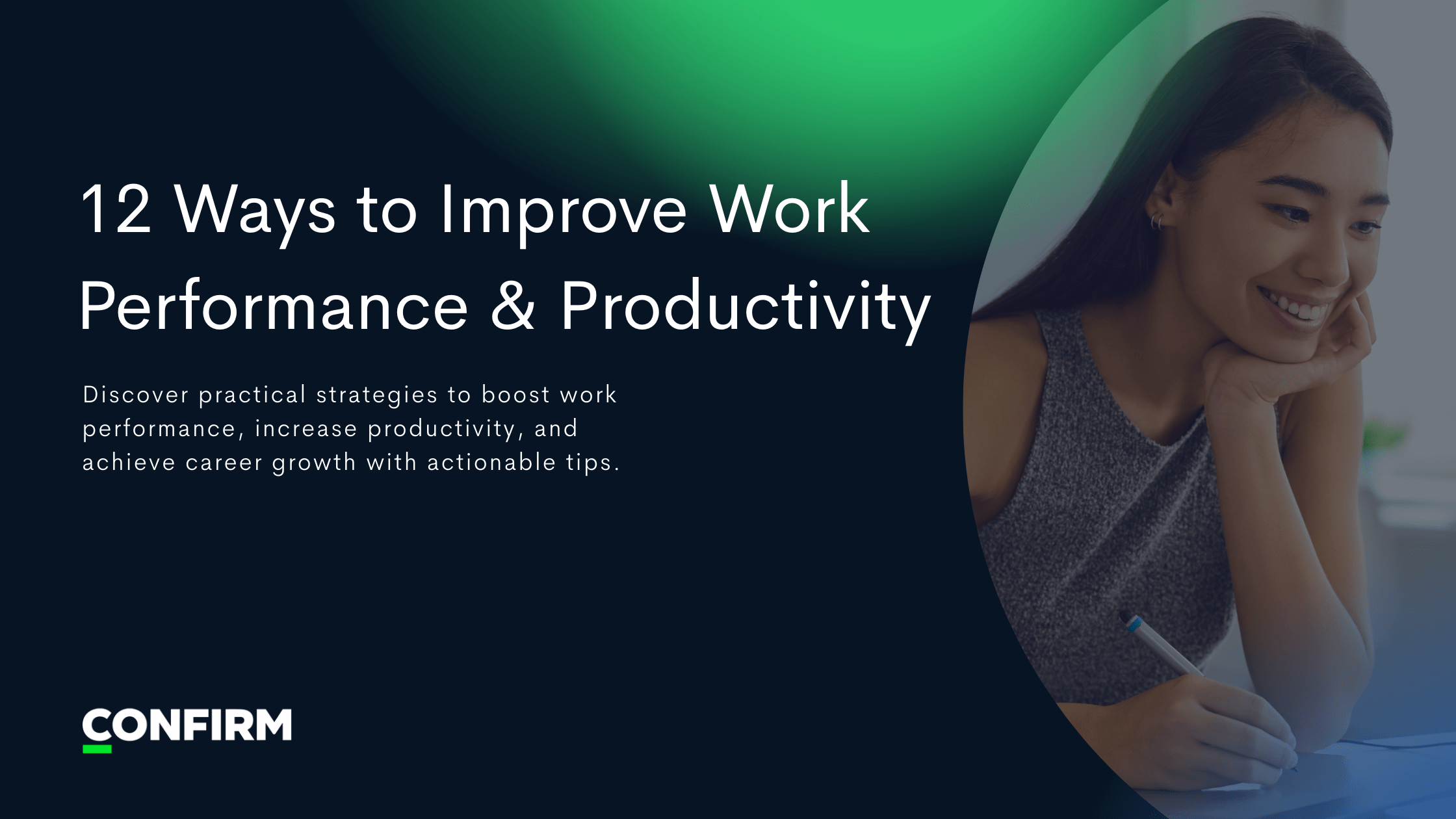
Blog post
A Manager's Guide To Difficult Conversations About Raises, Bonuses, and Promotions
Handle these conversations well and retention improves!

The year is ending and annual performance reviews are upon us. You know what that means? Your employees are about to learn their raises, bonuses, and promotion prospects. Managers and HR are entering a minefield. Handle these conversations well and retention improves. Handle them poorly and you'll lose your best performers.
1. Transparent and Consistent Communication
Transparent and consistent communication is crucial for managing employee raises, bonuses, and promotions. It is a key element in success. Here's how to do it:
Set clear expectations.
Make sure employees know the rules for compensation and promotion decisions. Is tenure a factor? Which metrics matter? Your employees should know these things before their annual review.
Regular feedback
Don't save feedback for annual reviews. If Regular feedback ensures employees know how well they're doing. It also guides them on areas to improve for rewards.
Encourage an environment where employees know their progress is being tracked. Be open and honest about how the organization makes compensation decisions.
2. Equal Opportunity for Recognition
Employees don't like playing a game they think is rigged. Your people need to feel like performance management is fair at your company. Here are some strategies to ensure fairness:
Standardized processes:
Use the same process for evaluating and rewarding performance. This minimizes the risk of subjective judgments and favoritism.
Fair comparisons
Use consistent criteria. Use relevant skills, responsibilities, and accomplishments to compare employees rather than personal preferences.
Encourage peer recognition
Peer to peer recognition gives employees a voice. When peers recognize a top performer, they are less likely to resent their promotion.
3. Tailored Feedback and Development Plans
Each employee is unique. Their career goals may differ. Personalized feedback and development plans help them feel valued and supported. Here's how to do it:
Individualized discussions
Discuss each employee's career plans and development goals. Investment in their growth and support their potential.
Constructive feedback
Specific, actionable, growth-focused feedback helps employees feel valued. Help them see how their performance creates future opportunities.
Personalized development plans
Work with employees to create personalized development plans. Align their goals with your company strategy. This shows your commitment to their long-term success.
4. Addressing Discrepancies and Concerns
No matter how hard you try, something will always go wrong. If an employee raises concerns about their compensation, make sure you address it. Don't let the problem fester.
Open-door policy
Create a forum for people to share concerns about compensation and promotions. Make sure to work with HR and leadership here.
A fair and transparent process
People don't trust what they can't see. Share the criteria and reasoning behind these decisions.
Conflict resolution
Plan for managing compensation disputes. If someone feels the process was unfair, address it. Now. Don't let things fester.
5. Continuous Improvement
Nobody is perfect, but you can always improve. Make these conversations a learning experience. Test and refine your approach:
Post-review feedback
Once the review process is complete, get feedback from managers and employees. Use this data to improve your approach next time.
Training and development
Invest in training for managers and HR professionals. Grow their skills at giving feedback and conducting reviews.
Adapt to changing circumstances
Be open to changing your compensation strategies as the organization evolves. Adapt to the goals, culture, and market conditions of the organization.
6. Use Organizational Network Analysis (ONA)
Organizational Network Analysis (ONA) builds a fairer performance management process. ONA reveals hidden talent and identifies bottlenecks in your organization. It cuts down on manager bias in performance evaluations. It ties compensation and promotions to actual performance.
Conversations about compensation and promotions are always a challenge. It requires transparency, fairness, and empathy to be effective. Integrating ONA insights increases the fairness and accuracy of compensation decisions. Performance reviews don't have to suck. Let's change the story this year.
Ready to see Confirm in Action?
See why forward-thinking enterprises use Confirm to make fairer, faster talent decisions and build high-performing teams.









